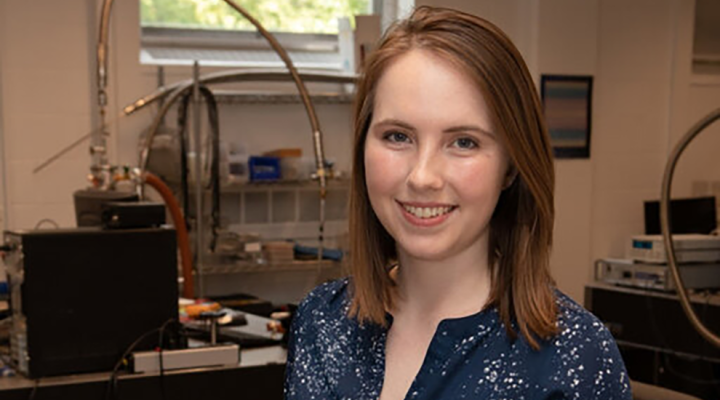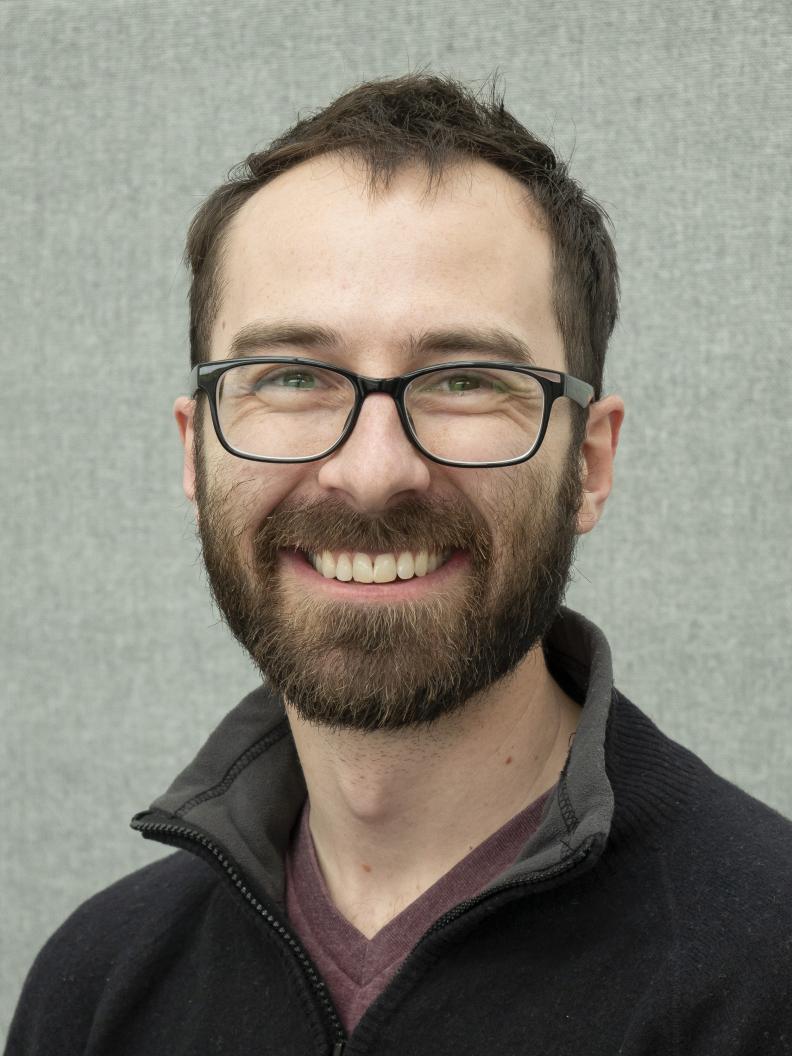
Advancing engineering education
Welcome new assistant professor Alexandra Werth. Read more about Advancing engineering education

Nate Cira has joined the faculty of Cornell Engineering as an assistant professor in the Nancy E. and Peter C. Meinig School of Biomedical Engineering. Cira comes to Cornell after three years as a Rowland Fellow at the Rowland Institute at Harvard.
Many biological systems are incredibly complex and developing an understanding of these systems will require a large number of experiments that reflect this complexity. Answering questions such as ‘How do combinations of different microbial species result in community stability?’, ‘How do different genetic variants combine to give resistance or susceptibility to disease?’, and ‘How do RNA expression levels give rise to different cell types?’ will require technologies beyond the capacity of what exists today.
Cira’s work aims to develop new devices and techniques to gather the data necessary to reveal the basic forces at work in some of these intimidatingly complex systems.
“Some of our work is curiosity-driven and is very basic science,” says Cira. “And some of our other work is much more applied.” Cira is particularly excited about a class of devices that leverage the unique interactions between liquid droplets and surfaces. These devices can meter out very precise quantities of liquid, allowing a researcher to run many different reactions in parallel.
“We are really excited about this class of devices, and as I start at Cornell this will be one of the big thrusts of the group, both for various projects we want to do, but also in collaborations where these devices could be useful for people more broadly.” This possibility of collaboration across many fields was one of the selling points that brought Cira to the Meinig School. “Every University says they are collaborative and that the faculty work together…I get the sense that is very true at Cornell,” says Cira.
Cira grew up in Wisconsin and attended the University of Wisconsin-Madison for his undergraduate degrees in biomedical engineering, microbiology, biochemistry, molecular biology, and biology. While an undergraduate he had the opportunity to participate in research in a lab focused on neural interfaces and this experience opened his eyes to the possibility of a career as a researcher. “At the time,” says Cira, “I didn’t really even know what it was to be a scientist and to work on scientific research.”
By the time he graduated, he knew he wanted to pursue research as a career. “It was eye-opening that this could actually be a career,” says Cira. “A career of trying to learn new things. And not simply things that are new to you, but ideally things that are new to everyone.” Cira then earned his Master’s and his Ph.D. in bioengineering from Stanford University. From Stanford, Cira was awarded a prestigious Rowland Fellowship, which is designed to allow recent Ph.D. graduates the space, funding, and personnel to establish high-risk, creative, independent research programs.
Cira was at the Rowland Institute at Harvard for three years and now he is ready to move his operations to Cornell and take his research to its next level.
In addition to fluid physics and microfluidic devices, Cira also uses mathematical modeling to understand various often very complicated biological systems. His work in the quantitative biology realm has focused thus far on the microbial ecology of synthetic microbial communities.
Cira is happy to be moving to Ithaca. “The research and teaching opportunities at Cornell are very exciting,” says Cira. “I am also looking forward to being a little bit closer to nature again and having easier access to it after a few years in Boston.”